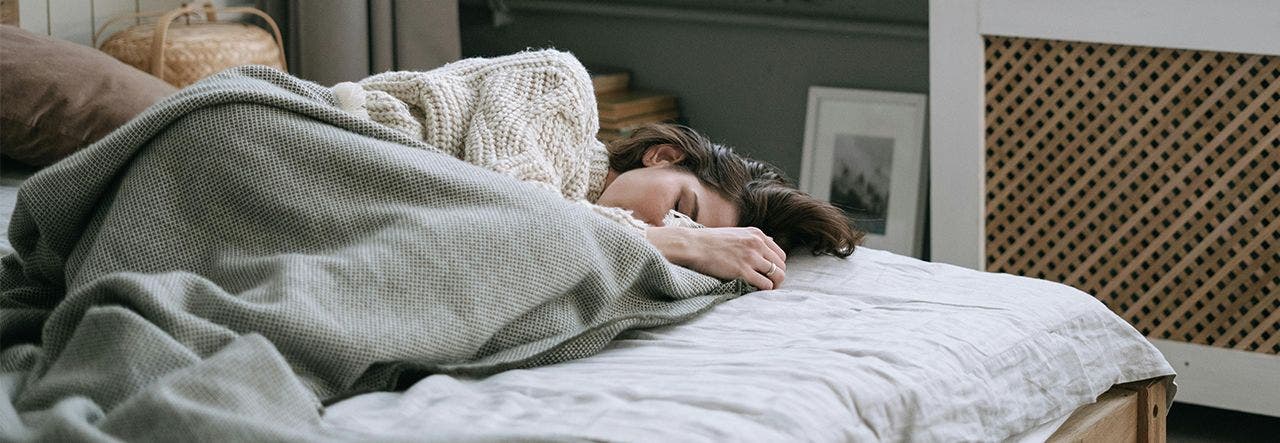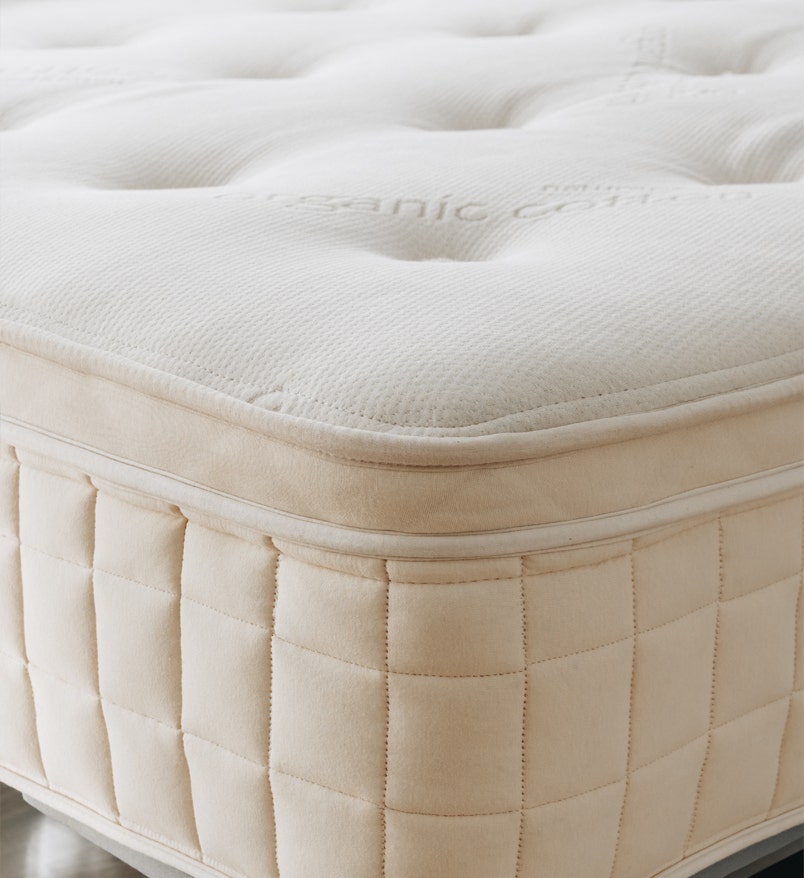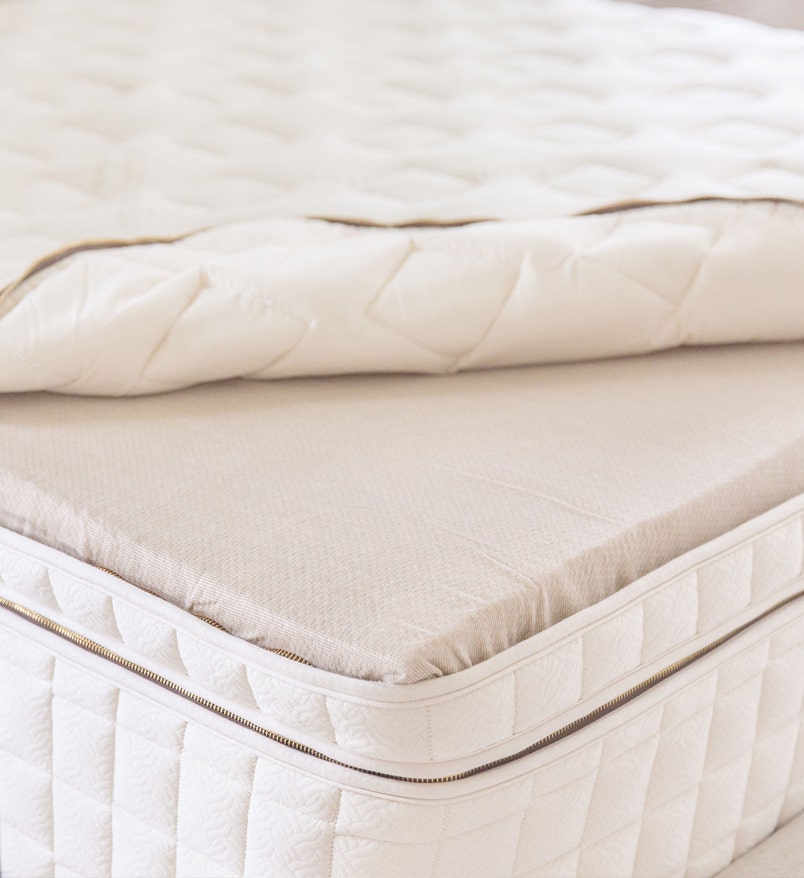You spend about a third of your life asleep – but is your sleep position working for you or against you?
The reality is that not all sleep positions are created equal. The way you sleep can impact spinal alignment, breathing, digestion and even how refreshed you feel in the morning. Some sleeping positions offer better support, while others can lead to discomfort or restless nights.
If you’re regularly waking up stiff, sore or groggy, your sleeping position just may be the culprit. This guide breaks down the best sleeping positions – side, stomach and back – so you can determine the correct way to sleep for your body. You’ll also find answers to common questions, like what is the best sleeping position for digestion, back pain or pregnancy.
Even small adjustments to your sleep posture might help you wake up feeling better rested and pain-free. So, take the first step toward healthier sleep and keep reading!
The Big Three Sleep Positions: Side, Stomach and Back Sleeping
Each sleeping position comes with its own benefits and drawbacks. While some naturally support spinal alignment and deep sleep, others can lead to discomfort or even long-term strain – and because everyone sleeps differently, what works for one person might not work for you! Understanding the pros and cons of common sleep positions can help you decide whether small adjustments could improve the way you rest.
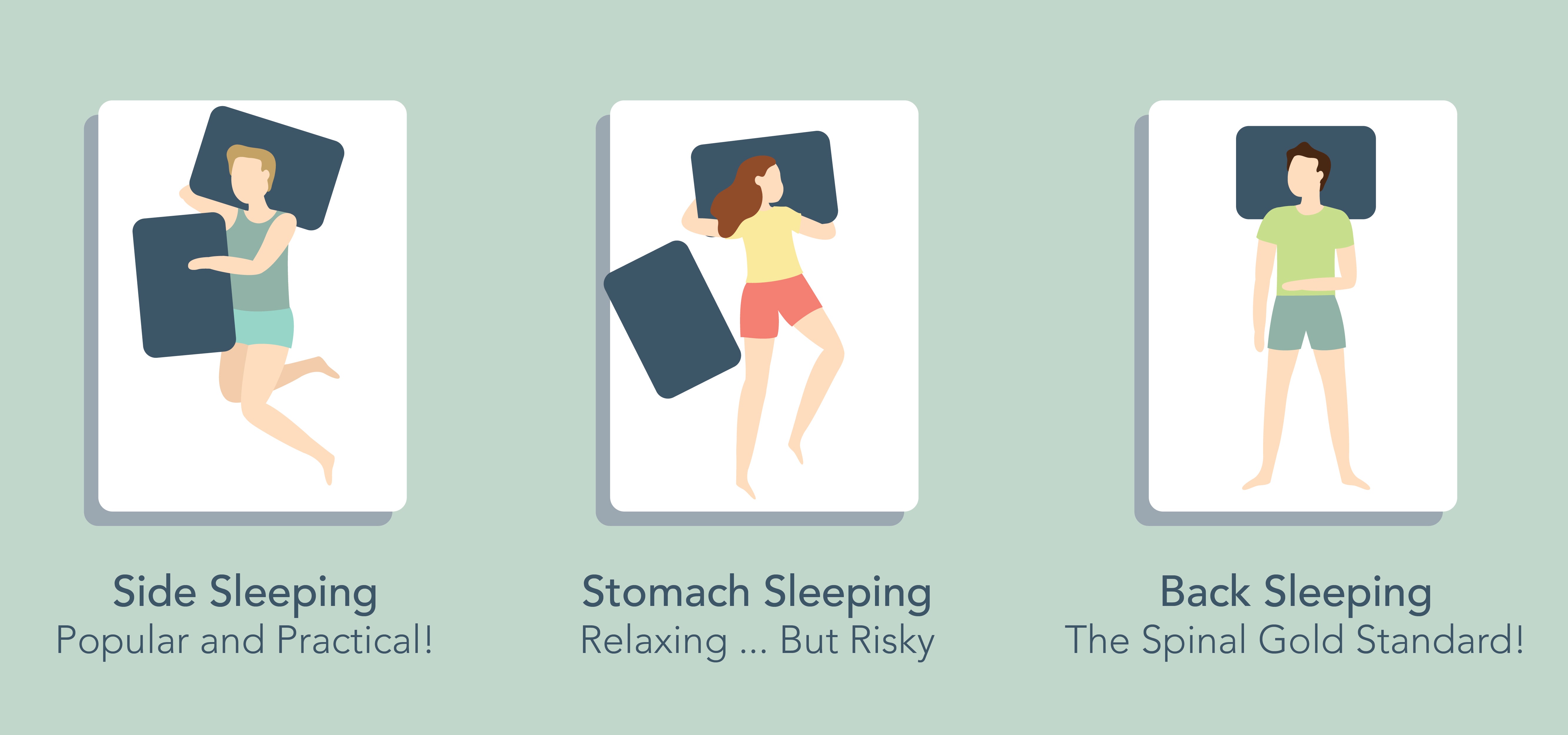

Side Sleeping – Popular and Practical!
Side sleeping is one of the most common sleeping positions, and for many, it's the best position to sleep in for spinal health and digestion. This posture provides a balance of comfort and support – but without proper alignment, it can also lead to discomfort.
Stomach Sleeping – Relaxing But Risky
For some, sleeping on the stomach feels natural and cozy, but it’s not the best sleeping position for posture or spinal health. While it can help reduce snoring, it’s not as effective as side sleeping in this regard. Plus, the downsides often outweigh the benefits.
Back Sleeping – The Gold Standard for Spinal Health!
Back sleeping is often recommended as the best sleeping position for posture and spinal health. It evenly distributes body weight, reducing pressure points – but it’s important to remember that there is no universal healthiest position for everyone, and even back sleeping is not ideal for some people.
FAQs: Answering Common Sleep Position Questions
We’ve mentioned once or twice that not everyone sleeps the same way. If your sleep needs don’t fit neatly into the categories we’ve outlined, these answers to common FAQs we hear as organic mattress manufacturers may help you find the best sleeping position for your body!
Remember: We’re sleep experts at Naturepedic, not medical experts! If you have specific health needs that are affecting your sleep, it’s best to consult your doctor for advice.
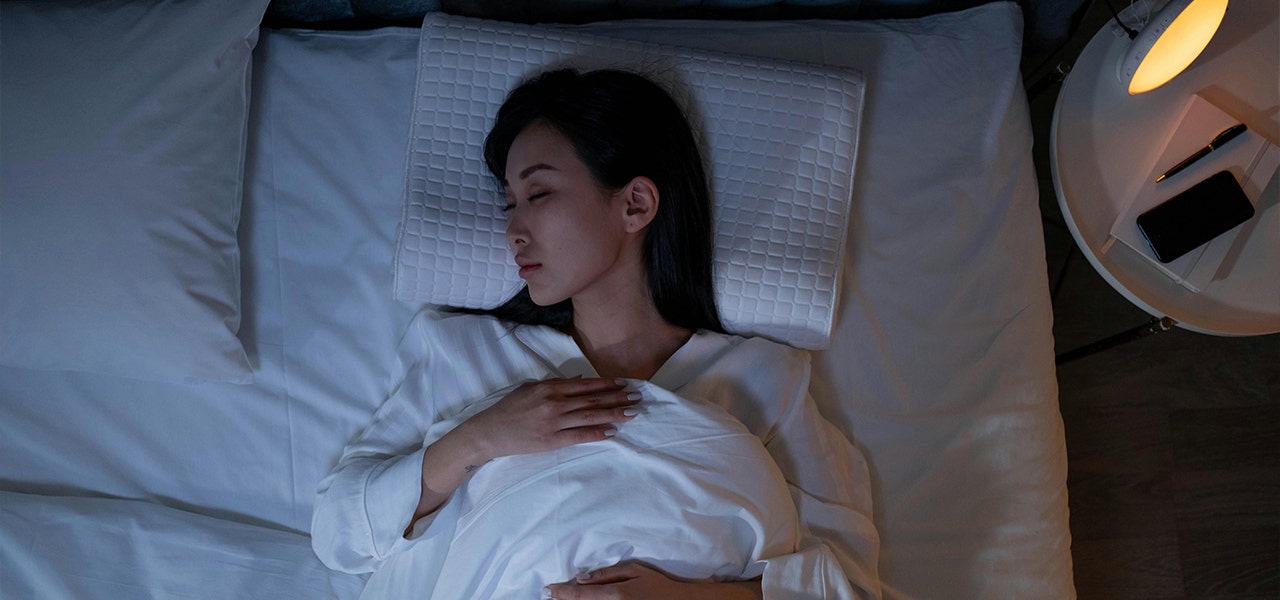

Q: Does Sleep Position Affect Acid Reflux or Heartburn?
A: If you experience frequent heartburn, adjusting your sleep position could make a difference. The best sleeping position for digestion is believed to be the left side. This position may help keep stomach acid from flowing back into the esophagus, reducing acid reflux and heartburn.
Sleeping on the right side can have the opposite effect, allowing acid to rise more easily. Back sleeping may also worsen reflux unless the head is elevated.
Q: What’s the Best Sleep Position During Pregnancy?
A: Sleeping on the left side is widely recommended during pregnancy. This position may improve circulation, reduce swelling and help deliver more oxygen and nutrients to the baby. It also is more likely to relieve pressure on the liver and other internal organs.
Back sleeping, on the other hand, can compress major blood vessels, potentially reducing blood flow, while stomach sleeping becomes uncomfortable as the belly grows.
Using a body pillow between the knees or under the belly can provide additional support for a more restful night.
Q: What’s the Best Pillow Type for My Sleeping Position?
A: The right pillow can help maintain spinal alignment and reduce strain on the neck and shoulders. The best option depends on your sleeping position:
- Side sleepers: A firm, thick pillow that fills the space between the head and shoulder to keep the neck aligned (check out our Organic Side Sleeper Pillow!).
- Back sleepers: A medium-loft pillow that supports the natural curve of the neck without pushing the head too far forward.
- Stomach sleepers: A thin pillow or no pillow to minimize neck strain from excessive elevation.
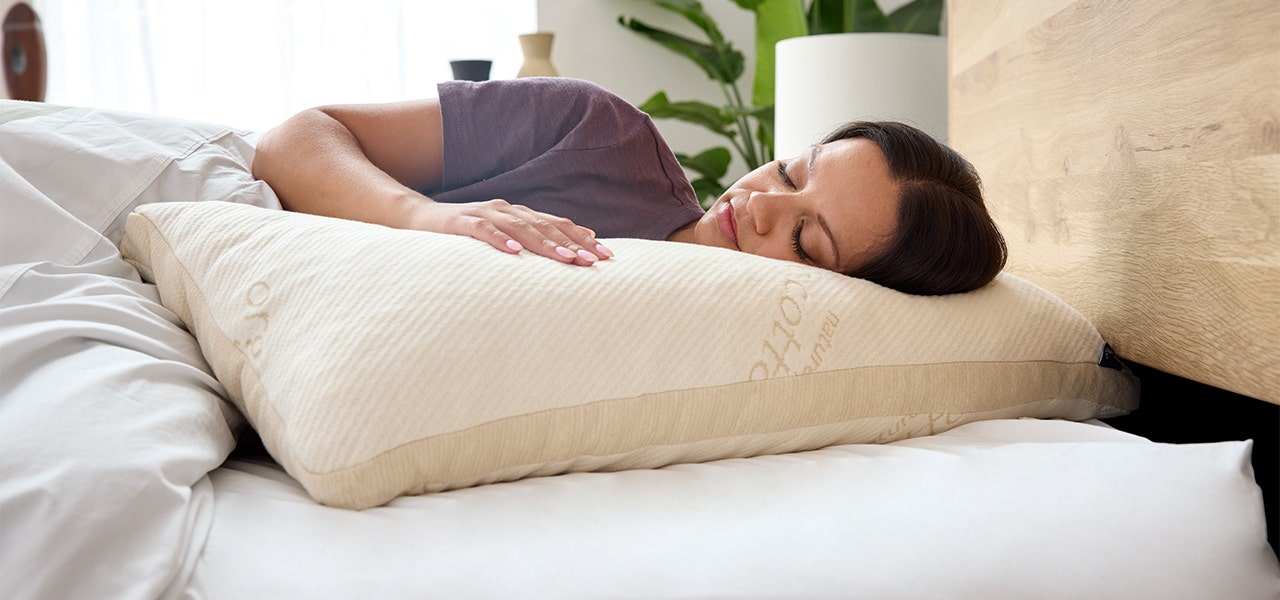

Using a body pillow or extra cushioning for support can also improve comfort, especially for side and back sleepers.
Q: Can My Sleep Position Affect Heart Health?
A: For most people, sleep position has little effect on heart health. However, individuals with heart failure may benefit from sleeping on their right side, as the left side can put added pressure on the heart.
Some research suggests that back sleeping could lead to slight changes in heart function, but the impact is minimal for those without underlying conditions. If you have concerns about circulation or cardiac health, talk to your doctor about the best way to sleep for your specific needs.
Q: Does Sleeping Position Impact Skin and Wrinkles?
A: The way you sleep can affect your skin over time. Side and stomach sleepers press their faces against the pillow, which can lead to sleep lines and wrinkles due to repeated pressure and friction. These positions can also contribute to puffiness by restricting fluid drainage.
Back sleeping is often recommended to minimize facial compression and may help prevent premature wrinkles. If switching to back sleeping isn’t comfortable, using a high thread count pillowcase can reduce friction on the skin.
How Can I Train Myself to Sleep in a Different Position?
Changing your sleeping position takes time and may be uncomfortable for a few weeks or even months, but small adjustments can help your body adapt. Try these strategies:
- Back sleepers: Place a pillow under your knees to maintain spinal alignment.
- Side sleepers: Use a pillow between your knees to keep your hips aligned and reduce pressure.
- Stomach sleepers: Hug a body pillow to encourage side sleeping and prevent rolling onto your stomach.
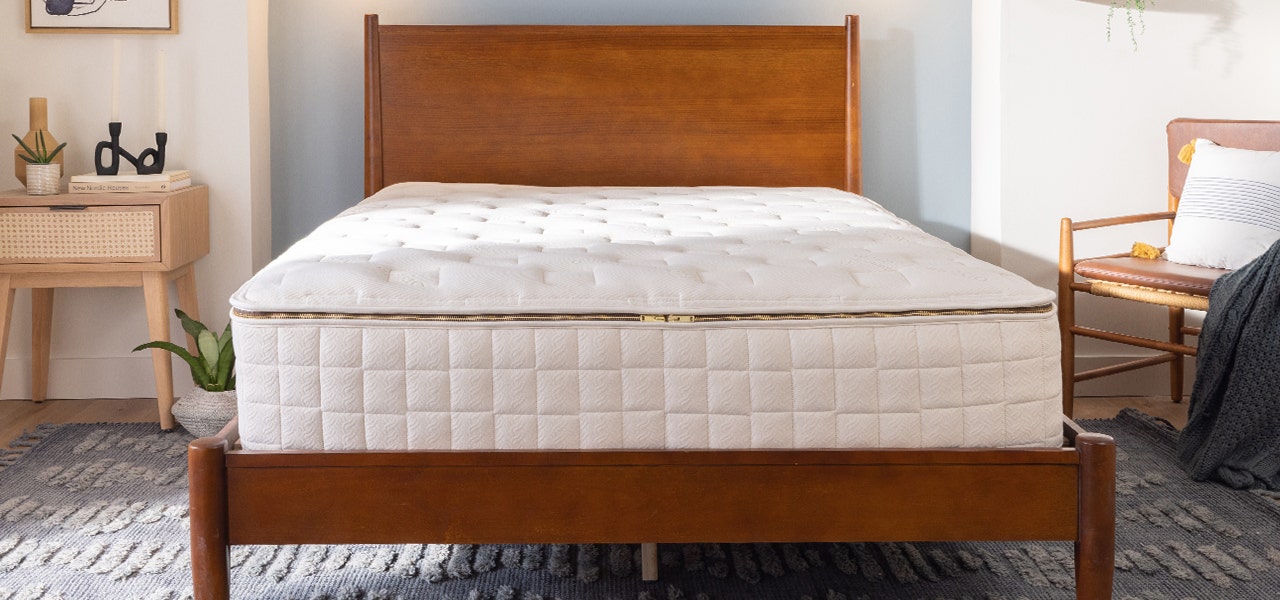

A firmer mattress can also make stomach sleeping less comfortable, naturally guiding you toward a better sleep position. Similarly, a plush mattress may make side sleeping more comfortable. If you find yourself shifting back to your old habit, be patient – consistency is key to retraining your body.
 BABY
BABY  KIDS
KIDS  ADULT
ADULT  LEARN
LEARN  STORES
STORES 